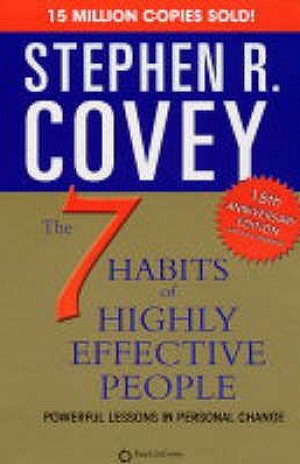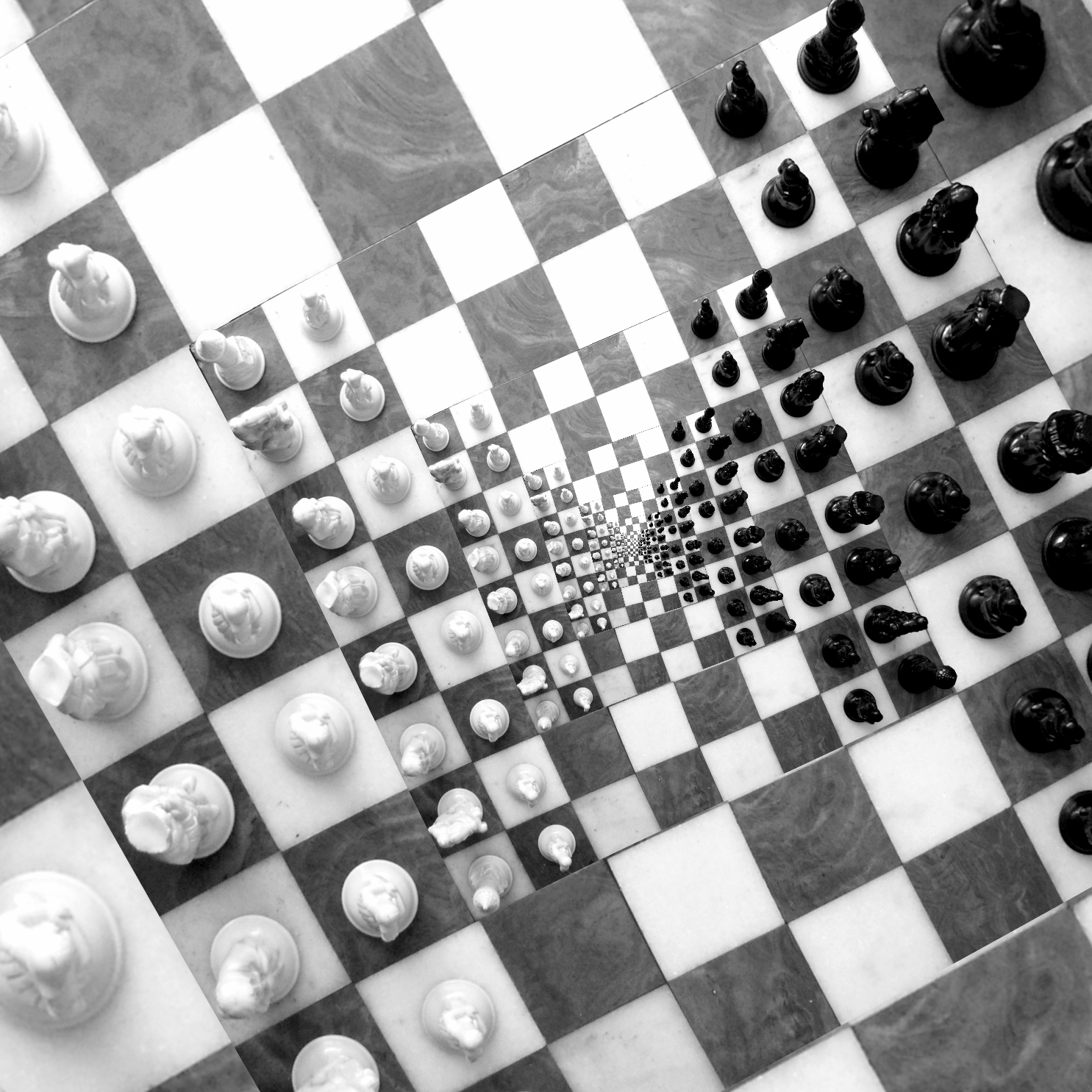In my first year of teaching, I had the fortune of working with an exceptionally creative staff body. I was inspired practically every day by the innovation at the performing arts school. Some things I tried and they failed, but I failed in a safe environment, my line manager was forgiving and encouraging and that empowered me to innovate some more. Whilst my environment changed over the next 6 years of my teaching career, I was still inspired to innovate and create engaging lessons:
But the big question is how do we innovate? Mihaly Csikszentmihalyi would argue that creativity leads to happiness and it generally leads to flow and great innovation. As a dancer, I learnt that in order to create something original, we need to combine two (sometimes unrelated) elements. Nothing is truly new or original on its own, but in combination we can truly create and innovate. This lead to my first innovation in my first term of teaching, "Teaching spreadsheets through dance"
There are those that disagree that this style of constructive learning is beneficial, Harry Webb whilst commenting on an excellent post about Direct Instruction vs Constructivism states:
"...Constructivism also has damaging effects other than those associated with minimal guidance. It delegitimises the teacher as an expert. Teachers see themselves as needing to ‘engage’ students with ‘relevant’ and ‘authentic’ tasks; a sort of ‘customer knows best’ mentality. This pulls teachers away from focusing on cognitively taxing problems and forces them to introduce potentially distracting contexts. It also creates debilitating levels of guilt around a failure to deliver on nebulous concepts such as differentiation."
I would strongly disagree with Harry Webb who states that Direct Instruction should be used for all new content, I used constructivism for new content and combined with some direct instruction later on, it had a dramatic effect. All students achieved 1+ grade of value added and that same set scored 100% A-C in their GCSE ICT exam, most notably they were all comfortable using spreadsheets throughout their school career.
Indeed, students themselves may innovate and in turn lead us teachers to re-evaluate our teaching and curriculum as was the case when a student demonstrated to the class how to make a game us presentation software, in this case, Powerpoint:
At times however, innovation does not look pretty. Indeed it can simply be deciding to teach using a very didactic form of Direct Instruction as was the case in these revision sessions. To make them a bit more accessible and to maximise time:learning ratio, we could also do these as Vlogs:
#
I wont really get into the flipped classroom debate here but I can say that that it worked well with my GCSE classes who were very much engaged by the multimedia nature of the Vlogs. I'd be interested to hear how other people have innovated in their respective subjects and perhaps we could all learn a bit more from each other as we combine and re-apply these techniques.
Tuesday, 15 October 2013
Monday, 7 October 2013
What can teachers learn from Stephen Covey and chess grandmasters?

At our school, we have staff enrichment (i.e. CPD) every Monday. During these CPD sessions, we are sometimes able to choose from a menu of sessions. One session was entitled "How to be an effective form tutor" another was entitled "How to manage your time more effectively". It was September, we had just had a baby boy 2 months ago and I was getting by on 3-6 hours broken sleep in a day; surprisingly, I was very productive however unsurprisingly, I still opted for the second session!
What did I learn. Two things, first of all, there are only certain things we can control in our life. Whilst working as a door-to-door book salesman, I learnt a phrase "control the controllables". Our Sales leader had obviously read Covey:

Source: Covey, 7 Habits of Highly Effective People (1999)
We must sort ourself out and accomplish private victories before we can accomplish greater public victories. One of those private victories and one which is related to numbers 1-3 above is managing our own time and strategic planning.
This ties into the second thing I learnt about time management. We should try to plan well in advance, having a strategic overview and also planning by the week rather than by the day. As a result we minimise the number of things in the top left corner AKA Crisis Corner.

Source: www.island94.org Adapted from Stephen Covey
How many of us simply let the important things build up until they become urgent and start to seriously stress us out?

Source: Flickr FJTUrban
A few days later it hit me, the teacher who delivered our CPD (yes, most of our CPD is delivered by our own staff) is an avid chess player. Perhaps there was a link between chess and time management as a teacher. Like teaching, chess is a game of strategy. You have to have an end goal, i.e. where you want your students to be at the end of the term/year. Likewise, whilst it helps to know your opponent in chess, it helps to know your classes and students so that you can plan your tactics carefully. I make no comparison to battlefields and the front-line though!
Similarly, the sequences of moves/lessons strike me as another parallel. And finally, as Covey advises us to plan by the week to avoid crises, in chess if we simply play one move at a time, one lesson at a time, one day at a time, we'll soon find ourselves in moments of stress and crisis as too many things hit us at once. Perhaps, we should all be teaching like a chess grandmaster. We could have set strategies, plan our moves (lessons) well in advance perhaps several moves ahead with a medium and long term goal in mind. We could have a backup plan should our students go off track or make an unanticipated move(ment) in progress. With all this in place, I believe it is less likely that we will get caught out. Instead we will spend more of our time in "The Zone", planning and delivering good and outstanding lessons, rather than flailing around fighting small fires in the bottom left corner or dealing with larger fires in the top left.
I'd be interested in hearing your thoughts. Am I just stating the obvious or does the analogy help us manage our time more effectively as teachers?
Subscribe to:
Posts (Atom)